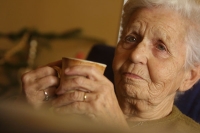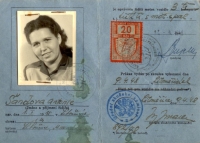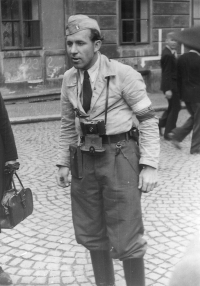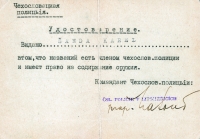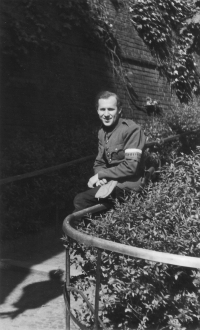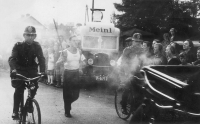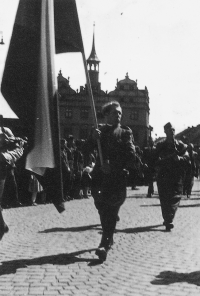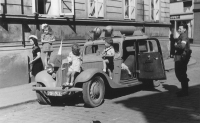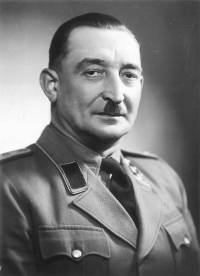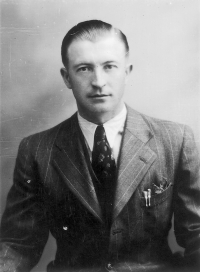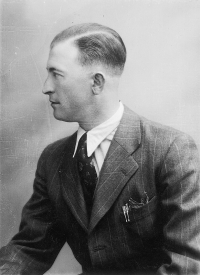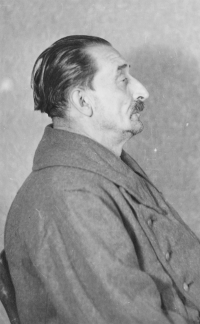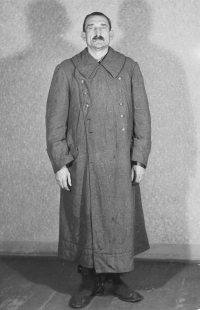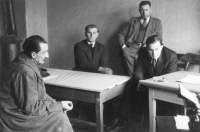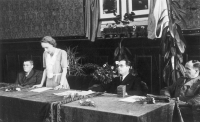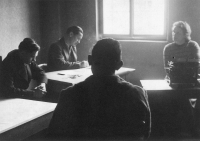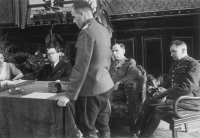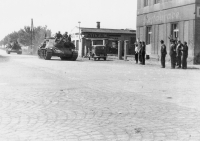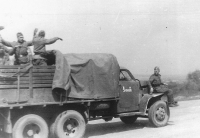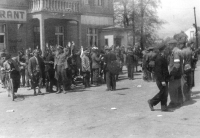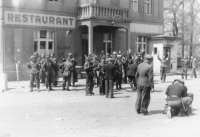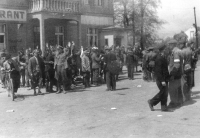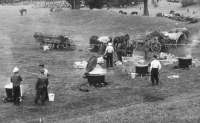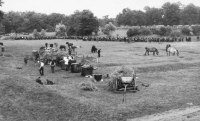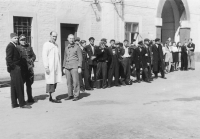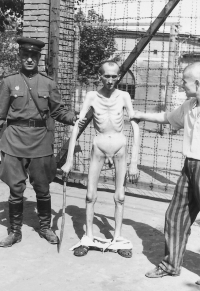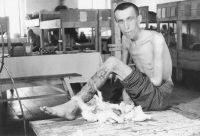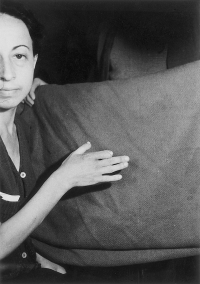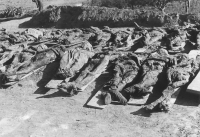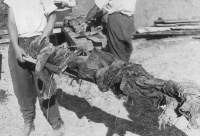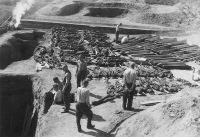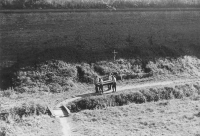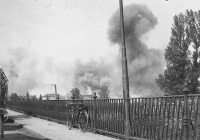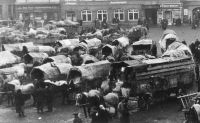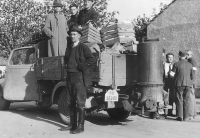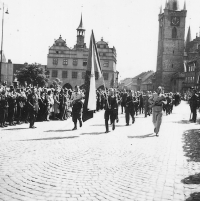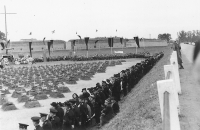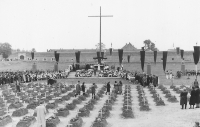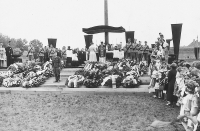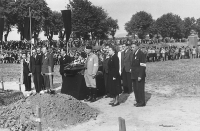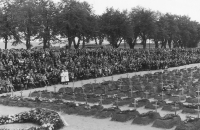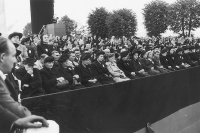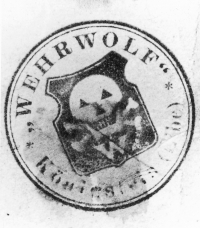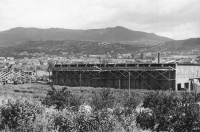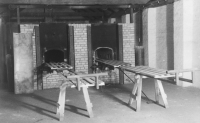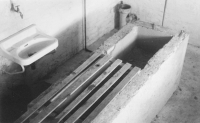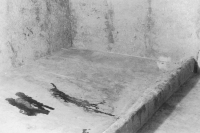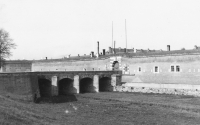My husband was taken to prison after lunch, we had just had kidneys with rice
Stáhnout obrázek
She was born on January 1, 1915 in Litoměřice to a Czech family. Her father had a shoe shop in the centre of Litoměřice, her mother was a housewife - she raised four children and, like a great patriot, went to train at Sokol. The witness attended both a Czech general school and middle school, and completed only her last year at a German school to learn German, because before the war, mostly Germans lived in Litoměřice. After school, she worked as a correspondent in a German company producing jams and marmalades in Ploskovice. She experienced the occupation of the border areas by Germany in October 1938, after which Litoměřice found itself in the German Empire. She spent the war with her husband Karel Šanda in neighbouring Terezín on the territory of the Protectorate of Bohemia and Moravia. Her husband worked in a drug store in Litoměřice, where he developed films with images of German prison commanders in the Little Fortress. He himself photographed the arrival of the Red Army in Terezín, the bombing of Litoměřice by the Red Army, the exhumation of mass graves near the Little Fortress, the first post-war torture in Terezín with the participation of Milada Horáková, the displacement of Germans from Litoměřice and the trial of the prison commander of the Little Fortress Jöckle. After the war, she and her husband ran a drugstore in Litoměřice, which was first taken over by the national administration, and later bought out. After the communist coup, her husband financially supported the families of imprisoned National Socialists and was sentenced to two years in prison for this. The Šandas lost their shop and their apartment. The witness worked as a clerk until her retirement, her husband built scaffolding on construction sites. They raised a son and two daughters in the Sokol spirit. Karel Šanda died in 1993, Antonie Šandová in 2007.
